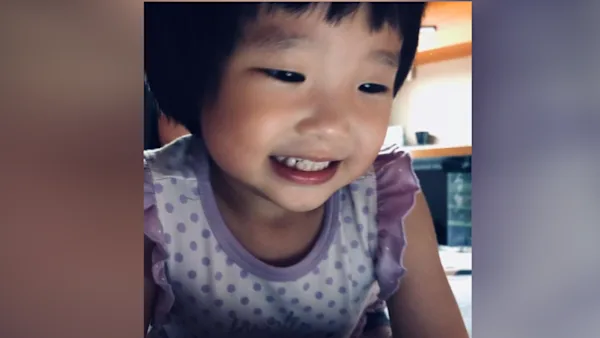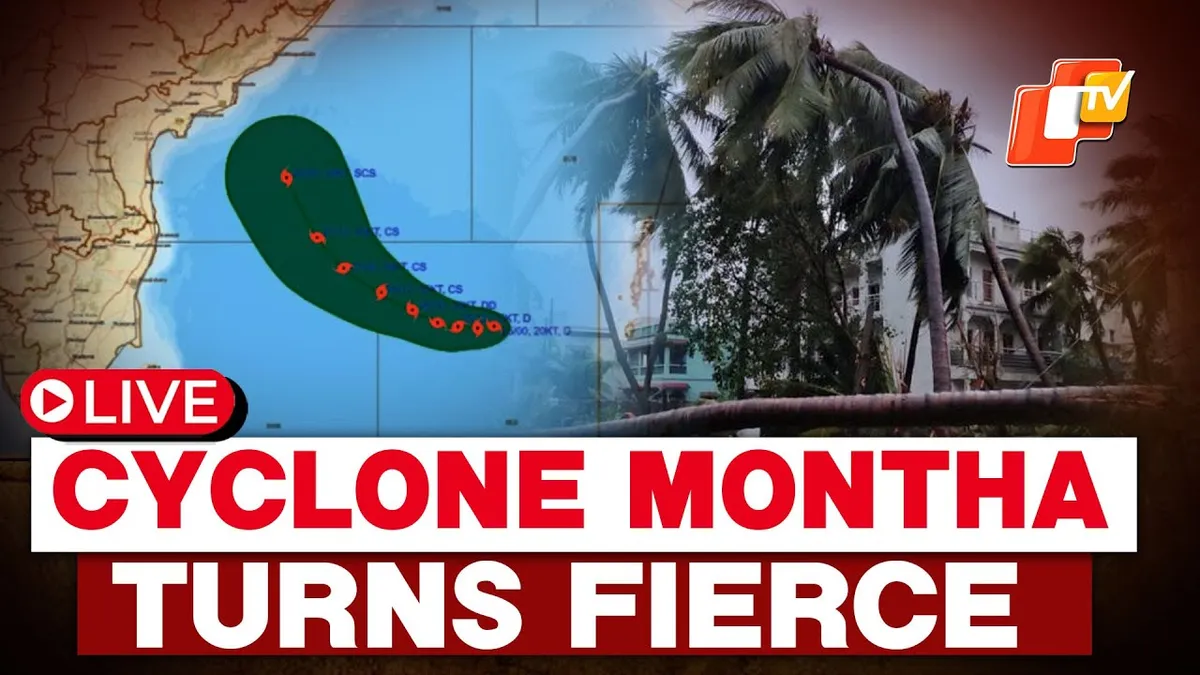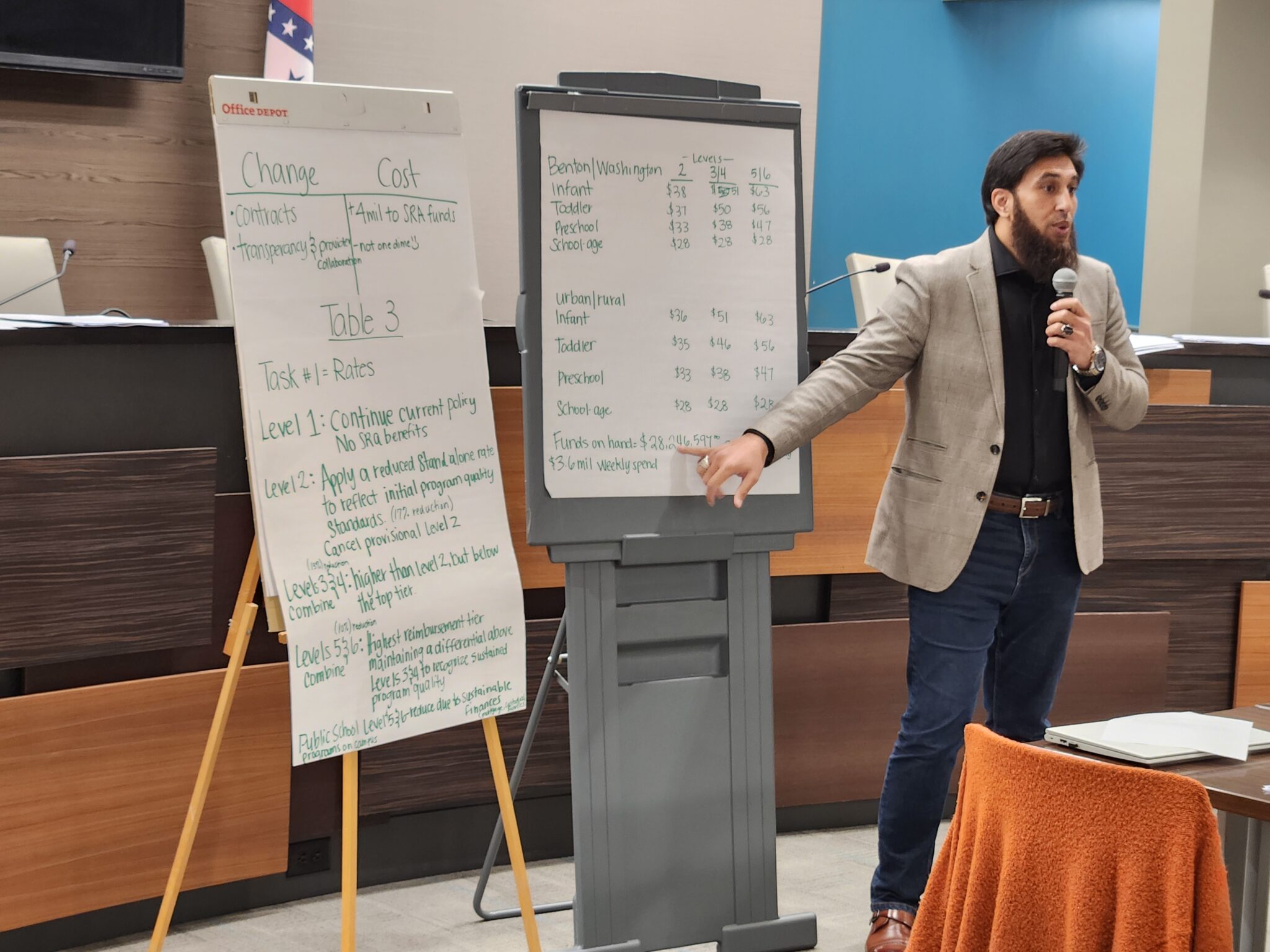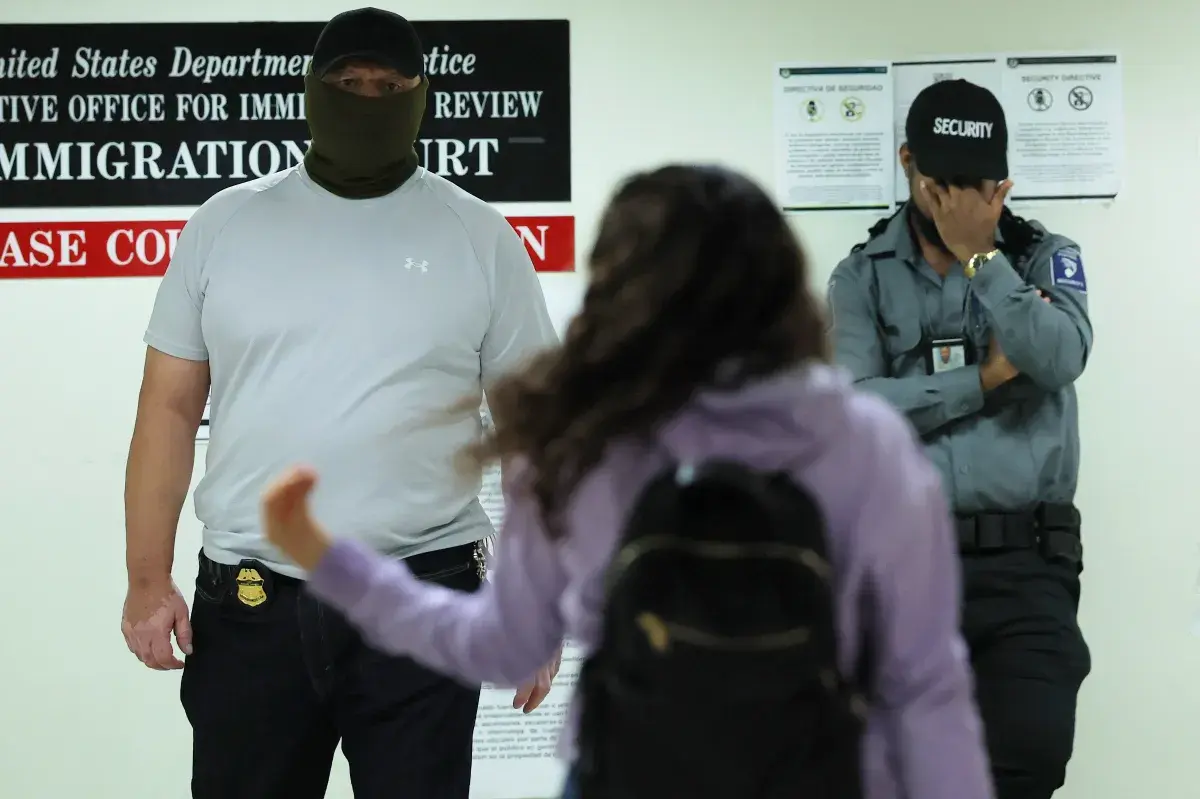Copyright channelnewsasia

IMPROVEMENTS IN CHILD PROTECTION WORK On the new social services coordination centre, Mr Lee said the centre will use technology to help the ministry “better detect, sense-make and connect the dots” for cases from different "touchpoints", such as the social services, education, pre-school, community and other sectors.The new social services coordination centre will also provide “tighter links” to the police’s operations, Mr Lee added. Today, child protection case management agencies have to lodge a police report within 24 hours and concurrently alert the Protective Service. Cases are also reported to the police within 24 hours. Since May 2025, child and adult protective services have merged under MSF's Protective Service, which provides statutory intervention for children, vulnerable adults experiencing abuse, neglect or self-neglect, and egregious cases of family violence with imminent danger. “When a case of suspected child abuse is reported to the police, the police will assess the case based on the facts and circumstances,” Mr Lee said. “For cases assessed as higher risk, for example, involving serious physical harm or sexual abuse, the police will immediately intervene to ensure the child’s safety.” Protective Service will keep a close watch on missing children reports made to the police by case agencies and work closely with the police. Apart from conducting investigations when the police come across a case of suspected child abuse, they will also inform MSF for safety planning and social intervention, Mr Lee said. In a bid to boost capabilities of frontline practitioners, Mr Lee said the ministry will continue to manage practitioner workload and ensure social workers are adequately resourced. “The risk of burnout is real and it is difficult to attract and retain people in child protection work,” he said. Over the past three years, the average caseload ratio for the sector has been around 18 to 21 per worker, but the variation across centres ranges between 12 to 30 per worker. Protective Service has doubled child protection officers from around 45 in 2019 to more than 90 in 2024, and this number is set to increase. “The additional resources have helped bring the average caseload per officer down from around 40, to 35 today,” Mr Lee said. Additionally, support staff have been brought in and services were outsourced to handle ancillary tasks and augment resourcing for critical work. “This enables protection officers to focus on social investigations, as well as supervision,” Mr Lee said, adding that the ministry will continue to step up training and competency development. On questions raised about early and accurate identification of child abuse, and the liability issues that may arise when making a report, Mr Lee said that there are laws mandating reporting of child abuse. Furthermore, if professionals and members of the public report child abuse in good faith, the Children and Young Persons Act (CYPA) protects them against civil or criminal liability. MSF will look into how the ministry can better foster a safe environment for professionals to report suspected child abuse cases, Mr Lee said. The ministry is also studying analytic tools to help connect the dots and see trends across agencies, allowing them to target efforts on higher risk cases. “But having said that, we have to carefully validate these tools to avoid excessive false positives, which could overwhelm the system, and to avoid reinforcing stereotypes,” Mr Lee said. Responding to questions about the thresholds involved in making reports of suspected abuse, Mr Lee said members can be assured that these reports are “simply to flag concerns”. “It is the job of the social workers to support parents who may be struggling with caregiving, and the job of the police and child protection specialists to ascertain if abuse has occurred,” he said. As for strengthening systems and oversight of the child protection ecosystem, Mr Lee said regularly auditing agencies managing child abuse cases, including Protective Service, will ensure accountability and transparency. Protective Service currently works with child protection case management agencies to surface cases where they assess that the risk level exceeds what the agencies were designed to handle. The ministry has also started to contact other social service agencies and organisations, which are not child protection case management agencies, to surface all suspected child abuse cases. Mr Lee also highlighted that Protection Service conducts periodic practice reviews with external consultants to assess whether officers have made accurate case assessments and compiled with protocols. “We intend to further strengthen our quality assurance framework by increasing the frequency of practice reviews and expanding the audit scope,” Mr Lee said, adding that the ministry will implement the enhanced measures by 2026.



